Campus Sustainability News
News on campus sustainability initiatives, emerging programs, rankings, awards, student initiatives, green teams, and more from across the Cornell University campus.

Designed and created by CUSD’s Solarize team, the solar power-generating trailer will help Cornell reduce carbon emissions while raising awareness of Cornell’s environmental initiatives, aimed at helping the campus achieve carbon neutrality by 2035.

Cornell has secured a U.S. Department of Energy grant of $7.2 million to fund the next stage of Earth Source Heat development. Earth Source Heat is Cornell’s version of an enhanced geothermal system that would use Earth’s internal heat to warm our campus, helping reach carbon neutrality by 2035.
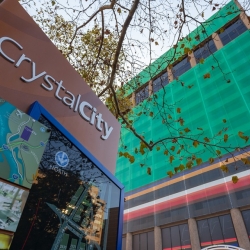
A team of Cornell students found an artful way to snare the sun’s energy, store it and then optimize it for the built environment as part of the U.S. Department of Energy’s inaugural Solar District Cup collegiate design competition.
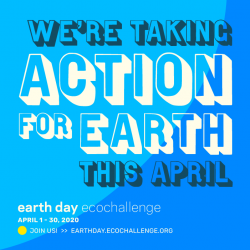
During the month of April and beyond, choose actions that you can take in your daily life that help contribute to global sustainability and a more peaceful, just, and thriving planet. Cornell will compete as a team against other Universities in New York - it's easy to get started!

Want to know more about Cornell’s contribution to climate change? Want to understand the potential and controversies of Geoengineering the climate? Check out these 1 credit classes to find out.
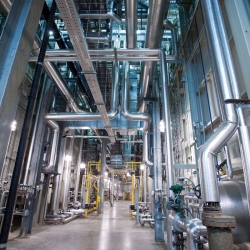
New research conducted by Cornell researchers used campus data to create new models for hybrid energy systems using both heating and electricity. The study was inspired by the Cornell Earth Source Heat project, in which faculty, students and staff are exploring geothermal energy as a sustainable method of heating the Ithaca campus.
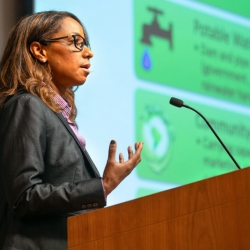
“Indigenous people around the world are incredibly important when we think – in terms of climate change and impact – about what is happening to our planet,” said Allred, associate professor of natural resources, in her Dec. 6 keynote address at Cornell’s 2018 Sustainability Leadership Summit. Each year leaders across campus gather to discuss and find ways to make the campus sustainable.

Several long-term strategies can mitigate growers’ financial risks, from crop insurance to weather insurance to high tunnels – tall temporary greenhouses that extend up and over the cherry trees and protect them with plastic sheeting or netting.
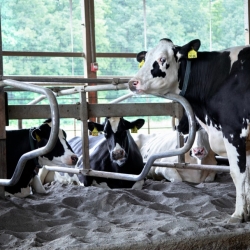
Cornell’s College of Veterinary Medicine Teaching Dairy Barn – home to 200 cows – has installed a state-of-the-art system that separates manure from sand bedding material, providing clean bedding for the cows and creating muck perfect for making electricity and heat.

Solar farms are known to offer a ready source of green energy. But could they also offer ecological and economic benefits as pollinator-friendly habitats?
